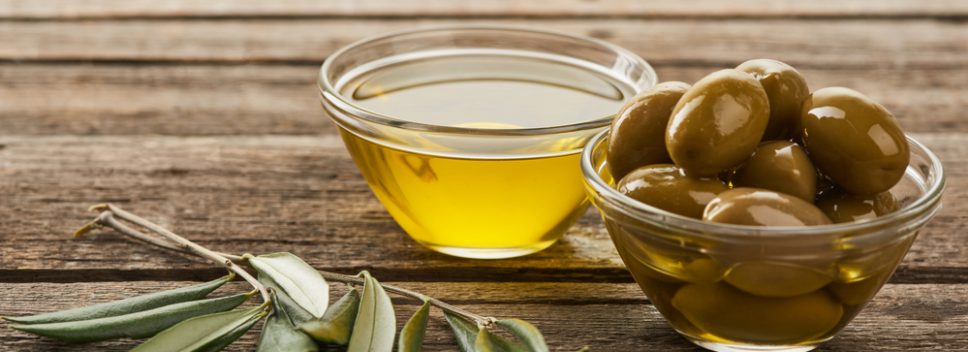
![]() October 24, 2023
October 24, 2023
The Power of Turkish Olives
It’s impossible to discuss Mediterranean cuisine without discussing olives. This ubiquitous part of Mediterranean culture is part of nearly every meal, whether it is pressed into olive oil or served in a dish. Although no one can say for sure, it is rumored that Anatolia is the birthplace of the olive tree itself.
Beyond their delicious flavor and the sheer variety of dishes that can be made from them, olives are an important part of Mediterranean food for good reason. They are a powerhouse of nutrition.
Amazing Antioxidants
Olives are packed with antioxidants. These are an important part of nutrition because they neutralize free radicals in the body. Free radicals can damage your body. They are the reason why things like paints and plastics degrade, and can cause the human body to degrade as well.
Cancer, strokes and heart attacks have all been associated with free radicals. This is part of why it’s so important to eat plenty of fruits and vegetables, including olives, to help keep your body healthy.
Low in Calories
There’s a reason why people in blue zones like the Mediterranean tend to be a healthy weight. Many of the delicious ingredients included in Mediterranean food are low in calories, and that includes olives. One olive has only about 7 calories in it. (Not including of course, olives that are preserved in oil.)
This means the olive itself may even take more calories to consume than it offers the body, giving it a negative calorie load.
Heart Healthy Fats
It’s a myth that fats are bad for the body. They’re actually a macronutrient, one of three major nutrient profiles needed for life. The three major nutrient groups are fats, carbohydrates, and proteins. While fat is necessary for the body, some fats are better for you than others.
Olive oils are a monounsaturated fat, one that’s called oleic acid. Oleic acid may help improve heart health by reducing blood pressure and may have anti-inflammatory effects.
Fabulous Fiber
Finally, olives are a good source of fiber with 1.5 grams per olive. Although fiber doesn’t offer any nutrients to the body, it helps the body in other ways. It helps clean the digestive system, aiding in pushing out old remnants, but more importantly it feeds the healthy gut bacteria in your digestive system.
Your gut bacteria play a vital role in the health of your entire body, helping you to access certain vitamins that otherwise are not digestible, keeping bad bacteria out, and working as your immune system. Gut health plays an important role in the overall health of your body, and fiber is essential to that health.
Turkish olives are incredibly delicious, with no less than 5 varieties of olive out there. Each one has a different role, from being pressed into olive oil to being served as is. The next time you bite into an olive, know you are getting a powerhouse of nutrition along with it.
Not only are you getting flavor, but you are taking steps to make your body healthier.
